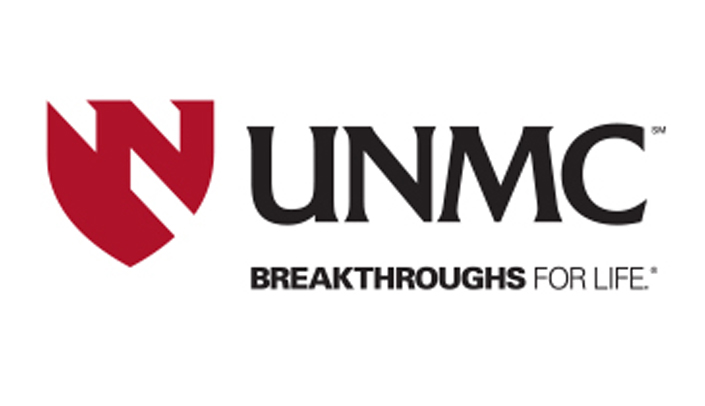UNMC and Nebraska Medicine use many tools to help protect your computer and the campus network from becoming infected and to protect your accounts, similar to getting a deadbolt on a door.
Email phishing is one of the ways intruders can gain access despite that deadbolt to cause infections and compromise accounts. Follow these extra steps to help stop the intruders from getting in the door.
Report the phishing attacks
- Forward the entire message with full original headers to infosecurity@unmc.edu.
- A “Remedy Ticket” should be generated and sent to the Information Security Office.
- The Information Security Office will follow the Information Security Incident procedure.
Do not respond to an email (or click on a link) that asks you to “validate your information,” and then asks for IDs, passwords and other sensitive information. UNMC and Nebraska Medicine will not ask for this information in an email.
- Do not click on unknown links or attachments.
- Do not enter information in a pop-up.
- Emails with poor spelling and grammar are clues to scams — delete them.
- If the actual URL does not match the text; don’t click it. (Hover over the URL to see where it is taking you)
- Do not send personal information in an email or through an unsecured website. Only enter sensitive data if you trust the website and if it has a lock icon in the URL.
